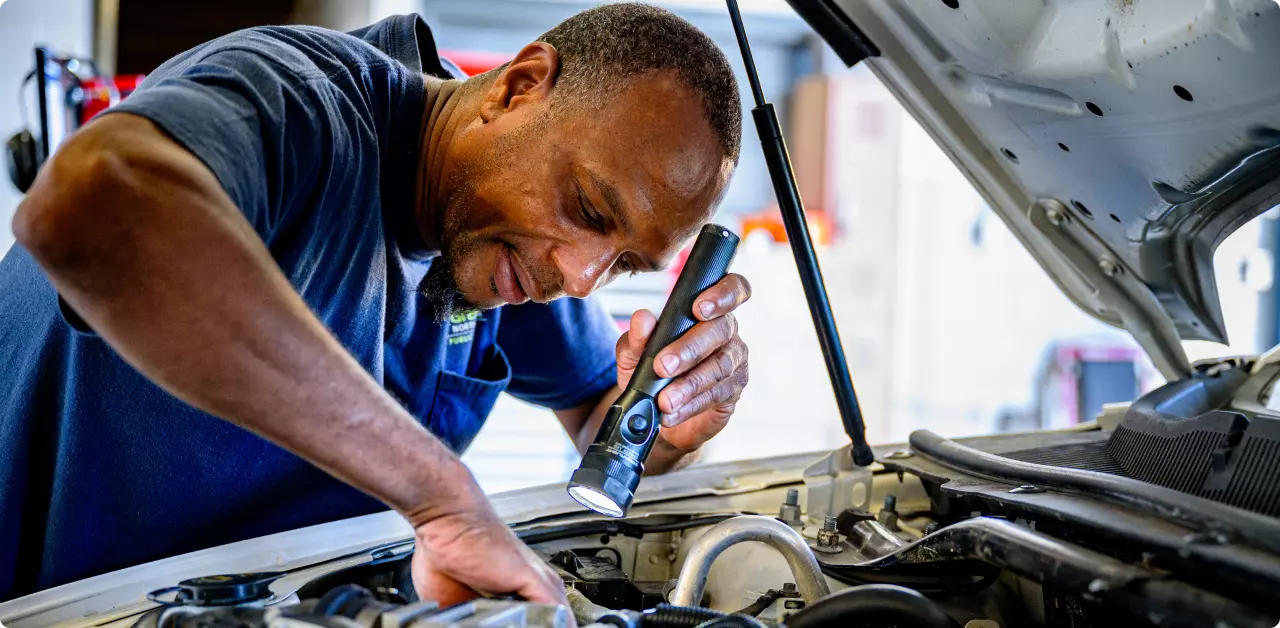Featured
Table of Contents
- – 1. Schedule Routine Oil Changes.
- – 2. Display Tire Pressure and Revolve Tires.
- – 3. Change and examine Wiper Blades.
- – 4. Check Fluid Degrees Frequently.
- – 5. Examination and Change Your Battery as Needed.
- – 6. Examine Brake Pads and Rotors.
- – 7. Replace Air Filters Consistently.
- – 8. Watch on Lighting and Signals.
- – 9. Safeguard the Paint and Outside.
- – 10. Stick to an Upkeep Arrange.
- – Conclusion.

Routine cars and truck maintenance is necessary for each chauffeur, guaranteeing that your car runs smoothly, safely, and efficiently. By routinely examining your vehicle's crucial systems, you can protect against pricey repair work and stay clear of unexpected failures. Right here are some necessary cars and truck upkeep suggestions every driver need to recognize.
1. Schedule Routine Oil Changes.
Among the most important facets of auto upkeep is altering your oil frequently. Oil lubricates your engine's parts, lowering wear and warm. With time, oil breaks down and loses its effectiveness, potentially leading to engine damages. Most autos need an oil modification every 5,000 to 7,500 miles, yet you ought to inspect your owner's handbook for specific referrals. Staying up to date with oil changes expands your engine's life expectancy and maintains your auto running successfully.2. Display Tire Pressure and Revolve Tires.
Low tire stress can lead to poor gas economy, irregular tire wear, and even blowouts. In addition, revolving your tires every 6,000 to 8,000 miles assists disperse use uniformly, expanding the life of your tires and improving general handling.3. Change and examine Wiper Blades.
Wiper blades are easy to forget, yet they are essential for secure driving in negative weather. Change your wiper blades every 6 months or earlier if you notice they're no longer removing your windscreen effectively.4. Check Fluid Degrees Frequently.
Your automobile makes use of several fluids to function efficiently, including coolant, brake fluid, power guiding liquid, and transmission fluid. Low or unclean liquids can trigger issues like overheating, inadequate stopping, and problem guiding. Check fluid degrees frequently, and consult your proprietor's handbook to recognize when they must be changed or completed. Preserving correct liquid degrees is important for stopping malfunctions and extending your automobile's life expectancy.5. Examination and Change Your Battery as Needed.
The battery powers your vehicle's electric elements and makes sure reliable begins. Extreme weather condition problems can reduce a battery's life expectancy, so it's important to examine it frequently, especially if it's over 3 years old.6. Examine Brake Pads and Rotors.
Your brakes are important to your safety and security when traveling. Worn brake pads can cause decreased stopping power and damages to your blades. If you hear squeaking, grinding, or see a much longer stopping range, it's time to have your brakes checked. Several chauffeurs find it helpful to have brakes checked during routine tire rotations or various other set up upkeep.7. Replace Air Filters Consistently.
Air filters prevent dust, particles, and other contaminants from entering your engine and cabin. A clogged engine air filter can affect your auto's performance and gas economy, while a blocked cabin air filter minimizes air high quality inside the automobile. Replace the engine air filter every 15,000 to 30,000 miles, and check your cabin filter a minimum of once a year.8. Watch on Lighting and Signals.
Fronts lights, brake lights, and turn signals are vital for exposure and interaction when driving. Frequently check these lights to ensure they are working appropriately. Replacing a bulb is normally fast and inexpensive, however it's vital to stay clear of driving with damaged or dim lights, which can jeopardize safety and bring about tickets.9. Safeguard the Paint and Outside.
Frequently washing and waxing your automobile is greater than simply a cosmetic step; it safeguards the paint from dust, salt, bird droppings, and UV rays. With time, these aspects can harm your vehicle's paint and cause rust. Waxing your car every couple of months supplies a protective layer that aids keep its appearance and value.10. Stick to an Upkeep Arrange.
Your car's handbook supplies a maintenance routine customized to your automobile's requirements. Following this timetable aids maintain your vehicle in peak problem and addresses potential issues early. Normal exams, including tune-ups and assessments by an expert, enable you to identify and fix small issues before they come to be significant expenses.Conclusion.
Maintaining your car does not need to be complicated or lengthy, but it's necessary for maintaining it secure, reputable, and reliable. By following these suggestions and remaining proactive with your car's upkeep, you'll enjoy a smoother experience, fewer unexpected issues, and potentially higher resale worth. Make regular upkeep a top priority, and you'll reap the advantages every single time you hit the trail.Table of Contents
- – 1. Schedule Routine Oil Changes.
- – 2. Display Tire Pressure and Revolve Tires.
- – 3. Change and examine Wiper Blades.
- – 4. Check Fluid Degrees Frequently.
- – 5. Examination and Change Your Battery as Needed.
- – 6. Examine Brake Pads and Rotors.
- – 7. Replace Air Filters Consistently.
- – 8. Watch on Lighting and Signals.
- – 9. Safeguard the Paint and Outside.
- – 10. Stick to an Upkeep Arrange.
- – Conclusion.
Latest Posts
Discover Reduce Expenses on Car Maintenance with Montclare Auto Repair’s Limited-Time Deals
Published en
1 min read
Check Out Montclare Auto Repair’s Highly Requested Services and Why Drivers Choose Them
Published en
1 min read
Learn About Brake Repair & More: Complete Auto Care Solutions from Montclare Auto Repair
Published en
1 min read
More
Latest Posts
Discover Reduce Expenses on Car Maintenance with Montclare Auto Repair’s Limited-Time Deals
Published May 31, 25
1 min read
Check Out Montclare Auto Repair’s Highly Requested Services and Why Drivers Choose Them
Published May 28, 25
1 min read
Learn About Brake Repair & More: Complete Auto Care Solutions from Montclare Auto Repair
Published May 23, 25
1 min read